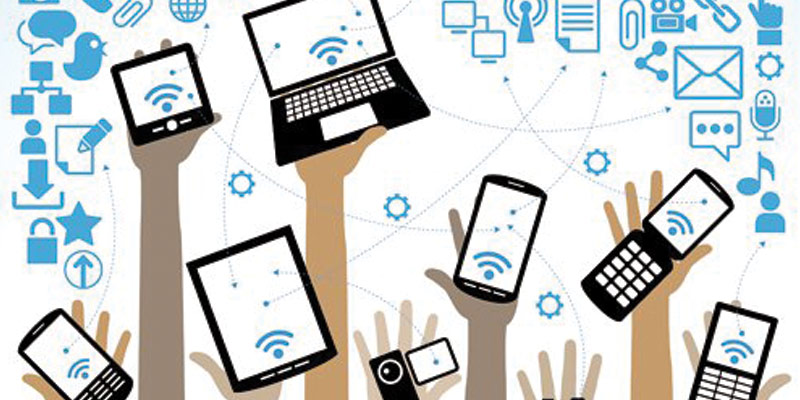
Already tired of your iPad mini, or your Galaxy S4 with its photos-with-sound gadgetry? Unimpressed by the Google glass technology, and jonesing for your next IT fix? Then consider this: it’s predicted your next investment will not live in your pocket or briefcase, but will be wearable tech to rival anything sported by James Bond.
This article was first published in July 2013. For more up-to-date advice, please contact us
Watch out
The tech industry has been abuzz for months with speculation that Apple is to launch an iWatch – a wrist-worn device which will both tell the time and render all other portable devices obsolete. That this seems a tall order (fancy drafting a hurried work email one-handed on a keyboard the size of a postage stamp? Me neither) has not prevented a frenzy of speculative designs.
With predictions varying from curved faces that serve as projectors to display content on a nearby wall to minimalist designs that are purely voice-operated, Apple remains characteristically silent.
Wearable tech
The notion that we are increasingly dependent on smartphones and other portable technology is hardly new. And the legal profession is no less in thrall to the latest in IT gadgetry – dashing from chambers to court with Blackberry in one hand and iPad in the other is par for the course.
The message is clear: with the advent of wearable tech we’ll soon be all but indivisible from our personal IT devices. But what are the implications for the legal profession, with its increased use of e-Disclosure and online file sharing?
‘Bring Your Own Device’
Many law firms and other legal organisations are looking to implement a ‘Bring Your Own Device (BYOD)’ policy which permits and encourages staff to use personal devices such as smartphones, tablet computers and laptops for work purposes.
This conflation of the personal and the impersonal can have real benefits for the legal workplace, boosting staff morale and productivity, and promoting a firm’s reputation for a flexible and forward-looking approach. If the iWatch and its rivals are to become the next must-have device, firms are likely to find it increasingly difficult to force a distinction between technologies appropriate for office use, and those to be reserved for the personal.
The e-disclosure challenge
With lawyers inevitably using personal devices to access privileged or confidential company information, the risks to the legal profession are as evident as the benefits – particularly in the context of e-disclosure.
Alert to the growing BYOD trend, the Information Commissioner’s Office (ICO) has recently published BYOD guidance for employers, urging data controllers to set in place appropriate measures to enable a BYOD policy to align with data confidentiality legislation. It’s necessarily an on-going process for firms given the speed of technological advances.
With its expertise in helping organisations with their e-disclosure challenges, Legastat can advise on a BYOD policy and its implications. Read more about Legastat’s edisclosure expertise here.